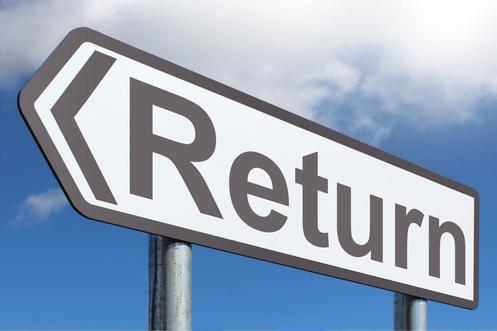|
As readers of this blog know, PornHelp.org neither endorses nor rejects any religious practice or principle. What follows is intended as a reflection on a concept in Judaism that may resonate for anyone – religious or not – in recovery from porn addiction. We trust our readers will not mistake this, or any of our writings for that matter, as an attempt to proselytize or pass judgment on anyone’s religion or non-religion. This is merely a perspective we find interesting and think you might too.
Yom Kippur, the Day of Atonement in the Jewish religious calendar, begins this evening. In synagogues around the world, congregations will hear the Hebrew word teshuva spoken. Dictionaries translate teshuva (sometimes spelled t'shuva) as “repentance” or “return,” but those words fail to capture the breadth of the concept. In his 2010 book Repentance, author and professor emeritus of religious studies at Carleton College Dr. Louis E. Newman explores how teshuva pairs two essential perspectives on atoning for wrongs, one backward-looking, the other forward-looking. To “repent” in the sense of teshuva is not simply to take responsibility for past behavior by apologizing and feeling remorse. Repentance also must encompass future actions taken in the belief that renewal and grace are possible. As Dr. Newman pictures it, teshuva stands for a person “returning” to their “whole” being - owning and making amends for the past, but also turning toward a future in which the past does not limit one’s goodness and potential to contribute to the world. Addiction, whether to porn, pills, gambling, or something else, leads people into lives of shame, isolation, and self-hatred. Every binge and bender only compounds feelings of worthlessness and despair, in turn accelerating the addictive spiral. People suffering from addiction often implode, even die, when this cycle overwhelms them. The concept of teshuva described by Dr. Newman might be useful in braking addiction's destructive acceleration. In our experience, in the struggle with addiction, we often overlook the inherently positive corollaries to even the most negative of our emotions. We feel shame because we try, but fail, to curb the compulsive behavior ruining our lives. We feel despair because we believe recovery should be possible but can’t see the way forward. We isolate ourselves because know we’re not the people we worry others might see us as if we reveal our addiction to them. In other words, to borrow from Dr. Newman’s conceptualization of teshuva, as human beings we have the innate capacity not only to understand and express remorse for how our addiction hurts ourselves and others, but also to believe in and commit ourselves to a course of action in which our true self emerges from the shadow our addiction once cast. You don’t need to be religious to appreciate the power of this conceptualization of human potential when it comes to recovering from addiction. Dr. Newman, who himself has been in recovery, observes that “Our lives are marked not by our achievements, or certainly not by them alone, but rather by how we deal with our failures….” By embracing our failures in addiction as ruptures deserving of our sincere remorse but also capable of repair through our future action, and then taking that action, we lay the foundation of our recovery. Or, as Dr. Newman puts it, by being both retrospective in our regret and prospective in our hope, we allow ourselves to “return” (in the sense of teshuva) to being the people we have always wanted and tried (however unsuccessfully in the past) to be.
0 Comments
Leave a Reply. |
AuthorLonger-form writing from the PornHelp team on current topics relating to problem porn use and recovery. Archives
June 2020
Categories |


 RSS Feed
RSS Feed